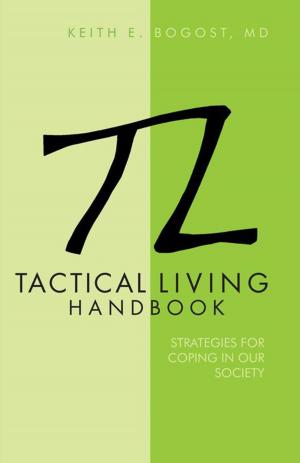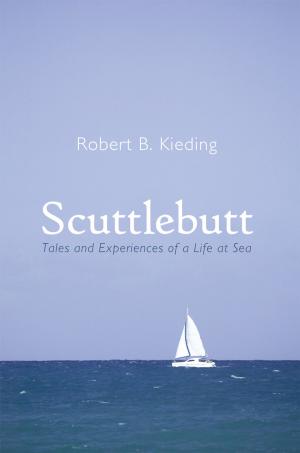Two Existential Theories of Knowledge
Epistemic Pragmatism and Contextualism
Nonfiction, Religion & Spirituality, Philosophy, Pragmatism| Author: | Joseph W. Long | ISBN: | 9781532041389 |
| Publisher: | iUniverse | Publication: | January 20, 2018 |
| Imprint: | iUniverse | Language: | English |
| Author: | Joseph W. Long |
| ISBN: | 9781532041389 |
| Publisher: | iUniverse |
| Publication: | January 20, 2018 |
| Imprint: | iUniverse |
| Language: | English |
In chapter 1 of this book, I explore four paradigms of justification: epistemic foundationalism and coherentism (which I call the traditional paradigms) and pragmatism and contextualism (the existential paradigms). I argue that the existential paradigms are pragmatically superior. In chapter 2, I build a bridge between pragmatist thinkers like James and Dewey, contextualists such as Wittgenstein, and existentialists such as Sartre and Camus. After arguing that all three share a unique first philosophy, I distinguish epistemic pragmatism and contextualism by pointing out three key features of each. In chapter 3, I codify many popular so-called neopragmatists such as Rorty, Putnam, Annis, Alston, Quine, and Brandom according to my distinction.
In chapter 1 of this book, I explore four paradigms of justification: epistemic foundationalism and coherentism (which I call the traditional paradigms) and pragmatism and contextualism (the existential paradigms). I argue that the existential paradigms are pragmatically superior. In chapter 2, I build a bridge between pragmatist thinkers like James and Dewey, contextualists such as Wittgenstein, and existentialists such as Sartre and Camus. After arguing that all three share a unique first philosophy, I distinguish epistemic pragmatism and contextualism by pointing out three key features of each. In chapter 3, I codify many popular so-called neopragmatists such as Rorty, Putnam, Annis, Alston, Quine, and Brandom according to my distinction.















